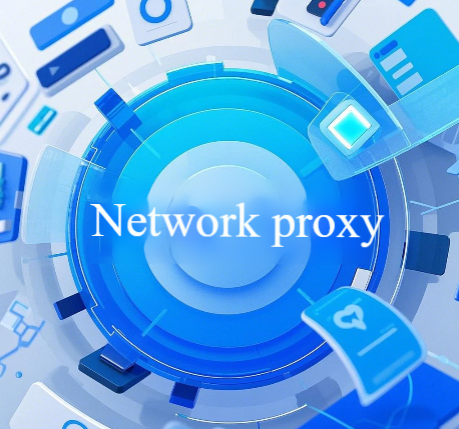In cross-border e-commerce and social media operations, web proxies have become an indispensable technological tool. For those who maintain accounts on Facebook and run daily operations, choosing the right web proxy can help to simulate the real online environment, avoid the risk of account affiliation, and protect the continuity of data acquisition.
Basic Concepts of Network Agents
Web proxy is a technological means of forwarding data requests through an intermediate server. When using a web proxy, the user’s request is first sent to the proxy server, which sends the request to the target website and returns the response data to the user. In this way, the target website sees the IP address of the proxy server as the source of access instead of the user’s real IP address. Web proxies are widely used in data acquisition, privacy protection, and geographic location analogies.
Example: When users access Facebook, by putting down the proxy, Facebook will see the IP address of the proxy server instead of the user’s real IP address, which can effectively reduce the risk of multi-account operation and ensure the independence of each account.
Client → Proxy Server (Forward Requests) → Facebook Server
Facebook Server → Proxy Server (return data) → Client
In this process, Facebook only records the proxy IP, and the user’s real information is completely isolated.

Top 3 Types of Web Agents’ Mistakes
The current mainstream agent types can be categorized into the following three types, each of which has significant differences in technological principles and application scenarios:
Static Residential Proxy (Static Residential Proxy)
Technical features: Real residential IPs directly assigned by Internet Service Providers (ISPs) have fixed and unchanging characteristics. For example, the broadband IP address of a user’s home can be regarded as a natural static residential proxy.
Typical applications: cross-border e-commerce store management (need to maintain stable IP identity), account security verification (need to be fixed geographic location)
Dynamic Residential Proxy (Rotating Residential Proxy)
Technical features: Real-time rotation of the IP address of the real user’s device through the arithmetic law, which can realize the change of IP address by minute or by request, for example, when a user is browsing the web, the proxy service provider can automatically switch to the IP address of another device.
Typical applications: social media account matrix management (need to analogize different user behaviors), advertising effectiveness monitoring (need to avoid duplicate IP records)
Static Datacenter Proxy
Technical features: IP addresses centrally assigned by the data center usually have higher bandwidth and lower latency. For example, a dedicated IP address provided by a cloud service provider.
Typical applications: large data acquisition (requiring high-speed and stable connections), automated testing (requiring large-scale concurrent requests)
Key Factors in Using Web Proxies for Facebook Adoption Numbers
IP Stability and Purity
Problem: Dynamic IPs are easily recognized by Facebook as “not real users”, resulting in account restrictions.
Solution: Use static residential proxies to ensure that the IPs are fixed for a long period of time and match the geographic location of the real users. For example, if the target market is the United States, choose a US-based home broadband IP.
Multi-account isolation mechanism
Risk: Multiple accounts associated with the same IP will trigger the platform’s risk control, and logging in to multiple FB accounts with one IP may lead to bulk blocking.
Technology realization: Through browser fingerprint isolation technology (e.g. IPFLY proxy combined with fingerprint browser), each account is assigned an independent IP and virtual environment to avoid device information leakage.
Levels of anonymity
Highly anonymous proxies: Completely hide the proxy features, Facebook server can not detect the traces of the proxy. This type is suitable for sensitive operations, such as new account registration or high-frequency interactions.
In the process of Facebook account maintenance, the flexible selection or combination of static and dynamic network proxies according to the actual needs can improve the security of account operation and the continuity of data acquisition. For cross-border e-commerce practitioners, the correct use of network proxies not only helps to protect account security, but also provides effective data support for market research and product promotion.


